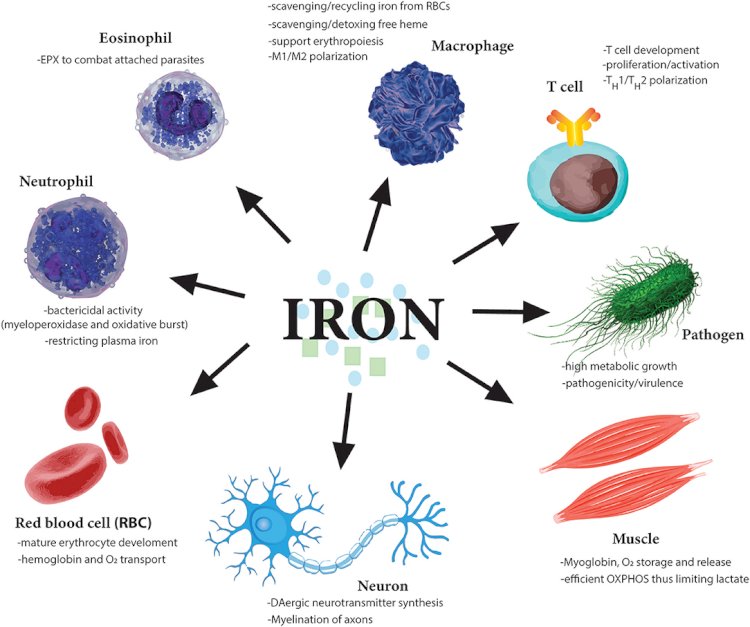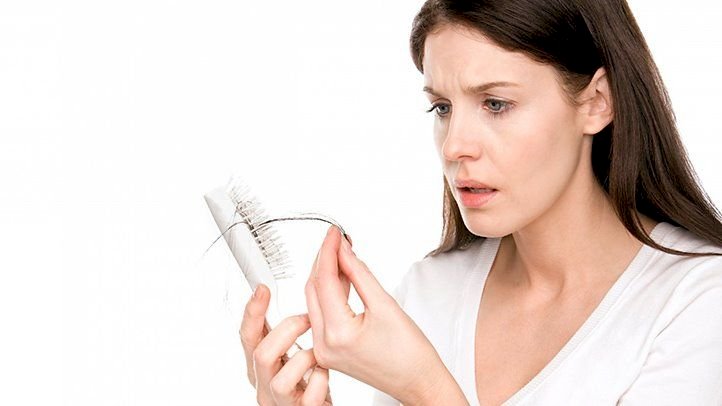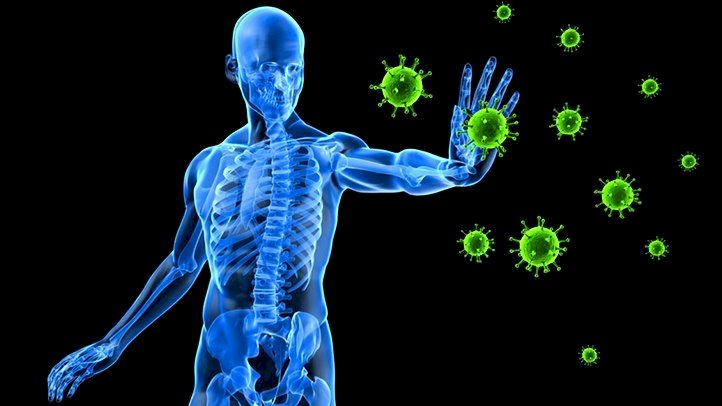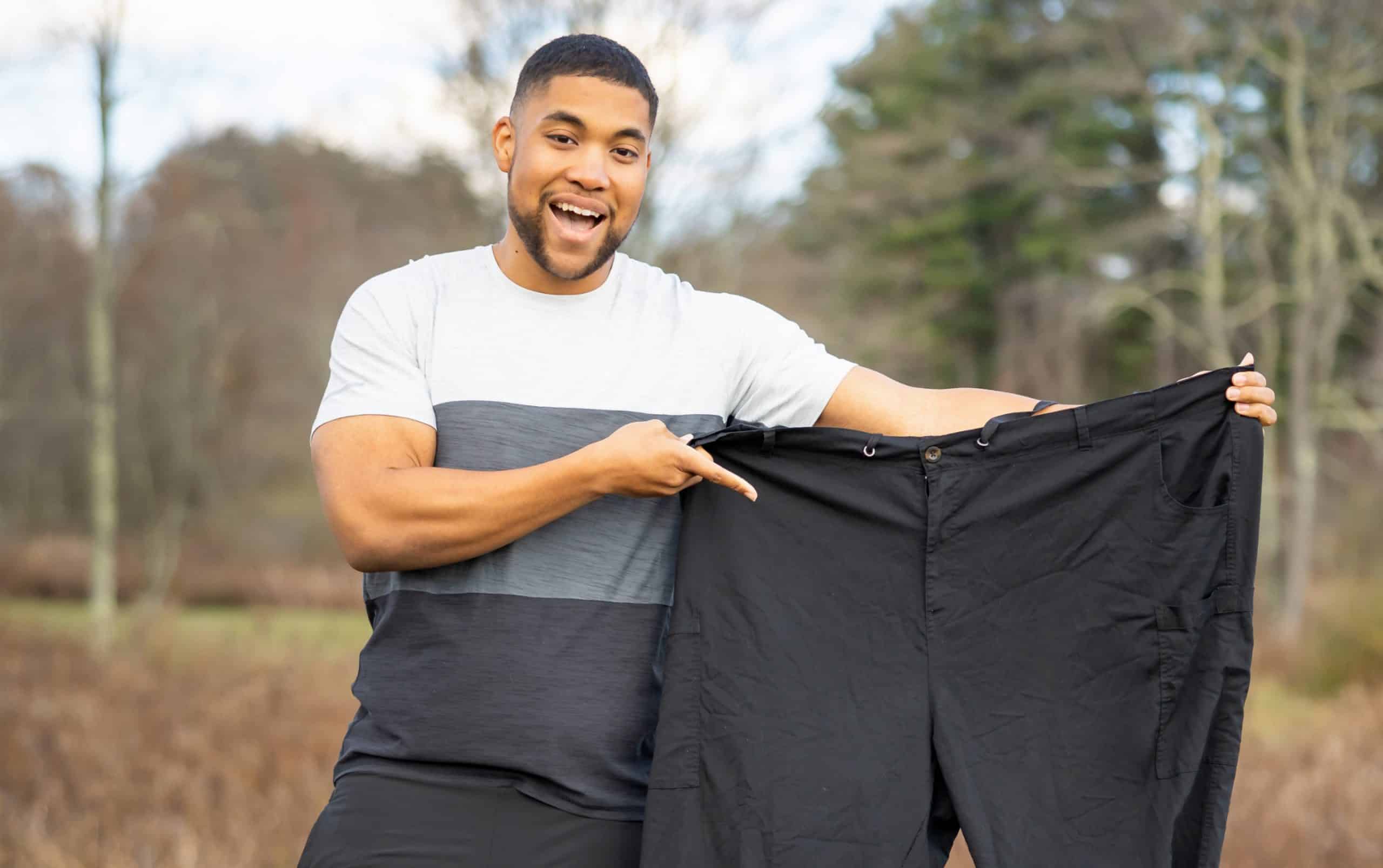Reasons why Iron deficiency may lead to a weaker immunity
Iron deficiency may lead to a weaker immunity, especially in children. Here are some tried and tested ways to boost the level of iron in your body naturally.


Did you know that iron deficiency can compromise your body’s non-specific immune response?
Your immune system is comprised of two parts: specific and non-specific immune systems. Put simply, non-specific immunity refers to “general mechanisms your body deploys every day to keep you safe.”
Non-specific immunity encompasses many mechanisms that act as barriers to protect you and your health from outside viruses, bacterium, and disease-causing microorganisms – also known as “pathogens”. Your skin and the acid your stomach produces to break down food and pathogens that may enter the body through food are two of many examples of non-specific immunity. Non-specific immunity also includes specialized cells that work to find, neutralize, destroy and/or remove pathogens in your body.2
Because iron deficiency degrades non-specific immunity – your body’s first line of defence against pathogens – you are more vulnerable to infection and disease, and other health complications. In fact, frequent infection is a lesser-known symptom of iron deficiency.3
Most of us understand that a healthy, adequately functioning immune system is fundamental to good health. When considering the groups most at-risk for developing iron deficiency, and understanding the role of immunity, we begin to understand the very real ways iron deficiency leads to a ripple effect of possible health complications

Do you feel tired all the time? Does your skin look pale and dull? There are high chances that you may be suffering from iron deficiency anaemia. This is a condition where a lack of iron in the body leads to a reduction in the number of red blood cells. Iron is used to produce red blood cells, which help store and carry oxygen in the blood. If you have fewer red blood cells than normal, your organs and tissues won’t get as much oxygen as they usually require. And if iron deficiency anaemia is left untreated, it can weaken your immune system and make you more susceptible to illness and infection. As per a study published in the journal Medicine, iron deficiency anaemia straightaway impacts the function of the immune system, especially in children.
Symptoms of anaemia
As per the World Health Organization guidelines, men who have less than 13 grams of haemoglobin per deciliter are anaemic and the same goes for women who have less than 12 grams of haemoglobin per deciliter. Some of the most important symptoms of anaemia are very common and may go unnoticed. Therefore, it is very important to get your haemoglobin count checked if you’ve been experiencing any of the following signs:

Constant fatiguePaleness or dullness of skin severe hair fallback of energyRegular palpitations (heart beating really fast)Shortness of breath. Being moody or feeling low all the time

Home remedies for anaemia
Treatment for iron-deficiency anaemia includes taking iron supplements to boost levels of iron in the body. This is one of the most effective methods used and it rarely causes long-term problems. However, if you want to switch to natural ways to increase the amount of iron in your body then eat lots of iron-rich foods. We’ve put together some foods which can help overcome iron deficiency and help boost your energy and restore your vitality.
Vitamin C foods
Since anaemia is likely to weaken your immune system you need an adequate amount of vitamin C as it can help fortify you from within and at the same time, it also helps in the absorption of iron. Have oranges, tomatoes, or you can even have a glass of lemon water every day. They contain a good amount of vitamin C and can work wonders to improve iron levels in your body.
Yoghurt with Turmeric
Those who are suffering from anaemia should have a cup of yoghurt twice a day, morning and afternoon, with a teaspoon of turmeric. This will help reduce swelling and skin turning cold. This remedy also helps in balancing emotional and mental wellbeing in the body.
Have leafy greens
Green vegetables such as spinach, celery, mustard greens and broccoli are a good source of iron. However, make sure that you have cooked spinach as raw leaves contain oxalic acid which may prevent the absorption of iron in the body.
Drink up
Drink fresh beetroot or pomegranate juice as they act as good blood builders and also purifies blood properly. Beetroots are rich in folic acid which can be teamed up with apples or carrot. Pomegranates, on the other hand, are also rich in iron and other minerals like copper and potassium. If consumed regularly, these juices can boost your energy levels by supporting healthy blood flow.
Copper water
Copper water is considered very healthy in Ayurveda and many health experts also advised to drink water stored in a copper vessel overnight every morning. This is because copper helps in cell formation and absorption of iron by the body. Thus, drinking copper water may help prevent anaemia.
The views expressed in this article are the writer's, they do not reflect the views of connectyubuzz.













































































































